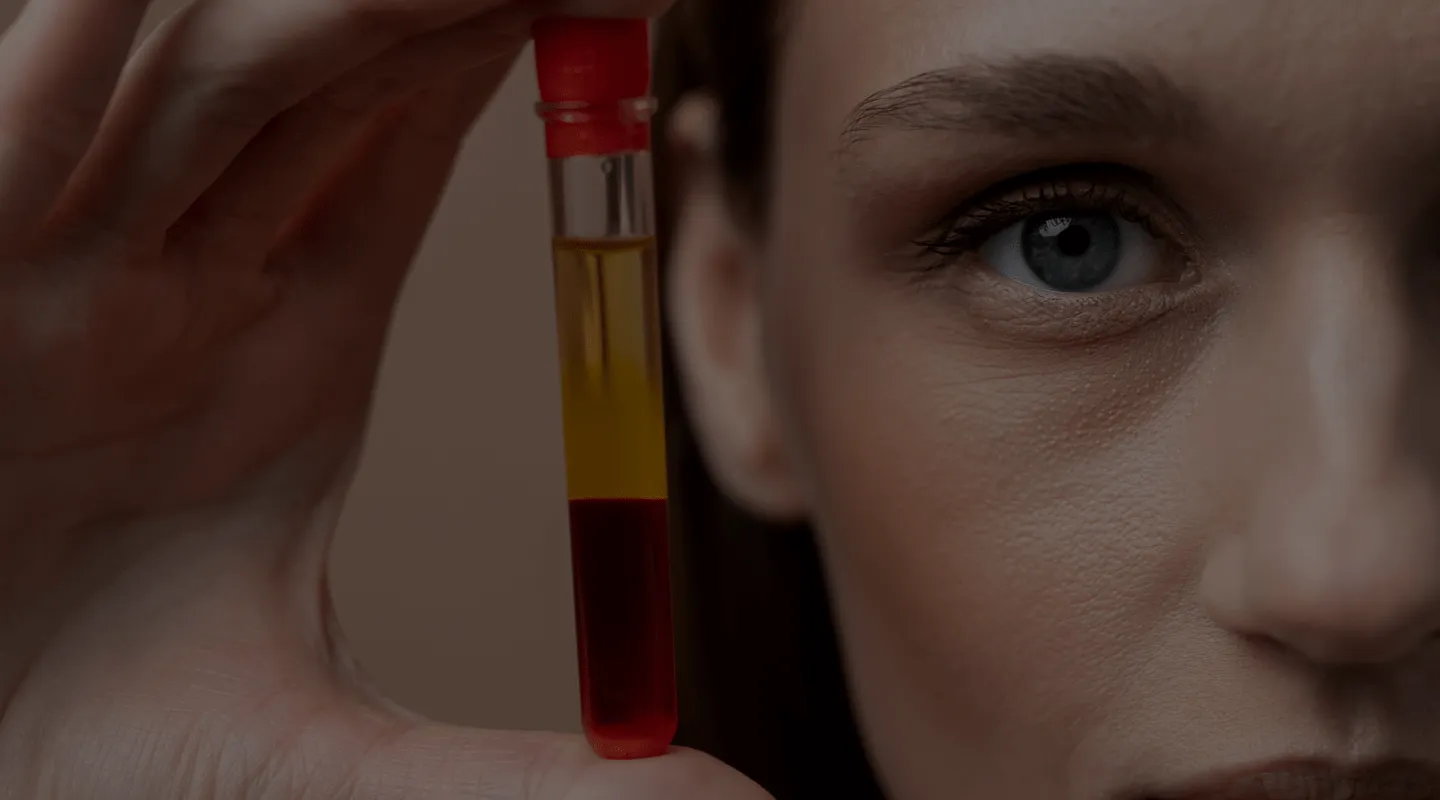
PRP FAQ
What is PRP?
PRP (Platelet-Rich Plasma) is a therapeutic solution prepared from the patient’s own blood. It is obtained by drawing a small amount of blood, centrifuging it to isolate the platelets, and mixing these with a small amount of blood plasma.
How does PRP work?
PRP contains a high concentration of growth factors and proteins that stimulate tissue regeneration and healing. It is often used to promote the healing of injuries and damage to muscles, joints, and bones.
What conditions can be treated with PRP?
PRP is used to treat a variety of conditions, including sports injuries, muscle injuries, tendinitis, joint pain, osteoarthritis, hair loss, and scars.
How is a PRP treatment session carried out?
PRP treatment begins with a blood draw, followed by centrifugation to isolate the platelets. The PRP solution thus obtained is then injected directly into the area to be treated using a fine needle or catheter. The procedure is generally quick and minimally invasive.
How long does PRP treatment last?
The duration of PRP treatment depends on the condition being treated and the individual patient’s response. In some cases, a single session may be sufficient, while in others, several sessions may be necessary. Your doctor will be able to advise you on the duration of treatment needed for your specific case.
Are there any side effects or risks associated with PRP treatment?
PRP treatment is considered safe and low-risk, as it uses the patient’s own blood. Side effects are generally minor and temporary, such as bruising, pain, and swelling at the injection site. However, as with any medical procedure, there is a risk of infection or other complications, although this risk is low.
Who can benefit from PRP treatment?
PRP treatment can be beneficial for anyone suffering from muscle or joint pain, sports injuries, or healing disorders. However, it is important to consult a qualified physician to assess whether PRP treatment is appropriate for your particular case.
How much does PRP treatment cost?
The cost of PRP treatment varies depending on the number of sessions required and the area of the body to be treated. It is important to discuss costs with your doctor before starting treatment. In some cases, PRP treatment may be covered by health insurance, while in others it may be considered a cosmetic procedure and not covered.